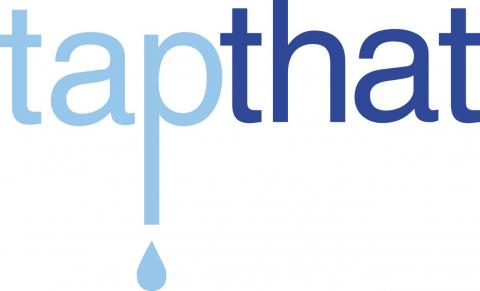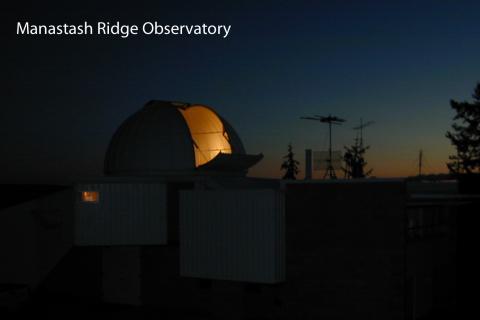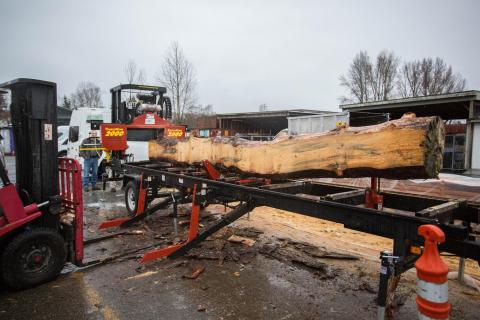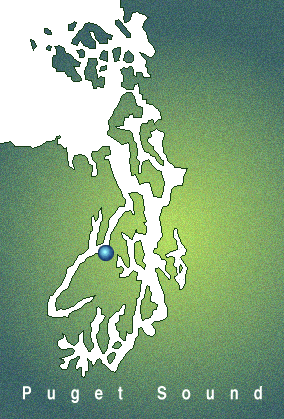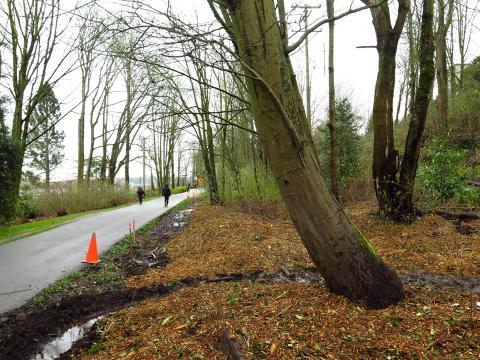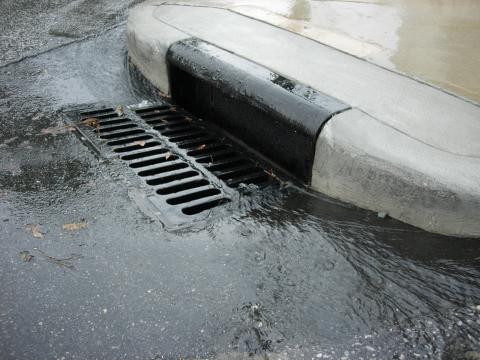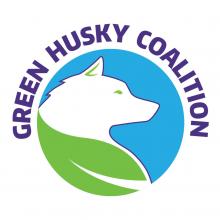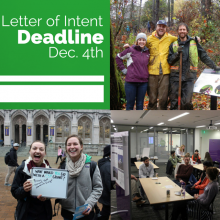Sustainable Lighting for UW Farm, Phase 1
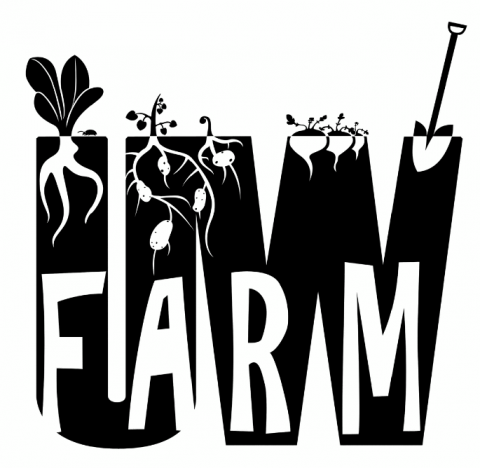
Food scarcity in urban populations is a significant and growing problem that the world is beginning to address. Indoor farming is a solution that many are adopting. Growing food indoors allows food to be localized in densely populated areas, which can significantly decrease costs and increase quality and quantity. The largest obstacle to realizing these benefits is the prohibitive operating costs associated with traditional horticulture lights. The University of Washington is dealing with this same problem in the wide variety of greenhouses throughout campus.
